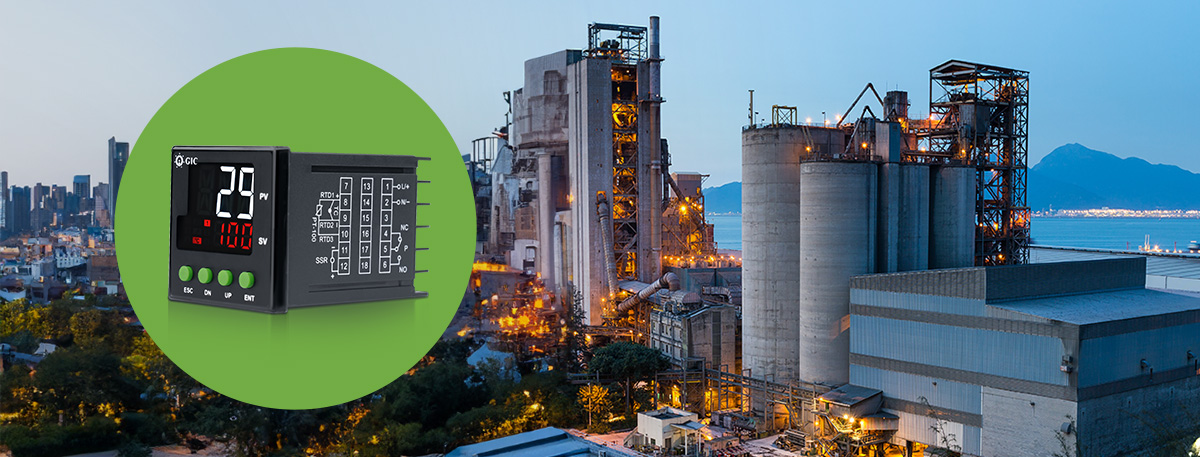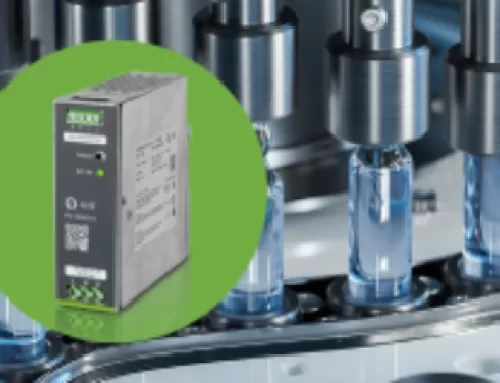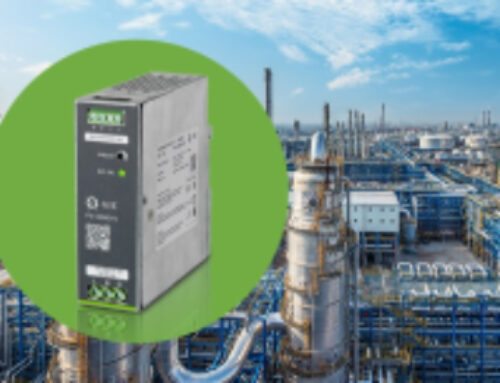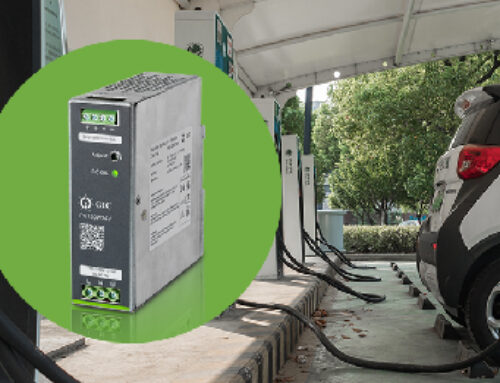
Unlock Precision with GIC’s Advanced Capabilities of Temperature Controllers
Precise temperature control is crucial for numerous procedures in today’s industrial sector. Even little changes can have a negative impact on quality, productivity, and ultimately profit in a variety of contexts, from maintaining ideal conditions for chemical reactions to guaranteeing food safety during manufacturing. Here, GIC’s temperature controllers shine because they represent a major advancement over conventional techniques. These controllers give unmatched precision, improved process control, and insightful data via innovative features and functions.
Understanding the Essence
Experience precision temperature regulation at your fingertips. These electronic marvels monitor and adjust system temperatures with unparalleled accuracy, featuring sensors for precise measurement, a powerful microprocessor for data analysis, and control outputs for seamless temperature control. Superior to analog alternatives, they offer unmatched accuracy, programmability, and advanced data logging capabilities.
Advanced Features
GIC’s temperature controllers have a range of advanced features that elevate their functionality beyond basic temperature control:
- Alarm Systems: Controllers can be programmed to trigger alarms if temperatures deviate from setpoints, preventing potential product spoilage or safety hazards.
- Data Logging and Communication: Many controllers can record temperature data over time for detailed analysis and optimization, and some can communicate with plant-wide monitoring systems for centralized control and real-time data access.
- Fuzzy Logic Control: This advanced technology allows the controller to adapt to changing conditions and optimize performance based on real-time data, leading to even greater efficiency and process stability.
Advantages
These advanced features translate into a multitude of advantages for industrial processes:
- Enhanced Process Control: Precise temperature regulation leads to improved product quality, minimized waste, and increased production efficiency.
- Improved Safety: Alarm systems and capabilities ensure a safer working environment by preventing potential hazards and allowing for proactive maintenance.
- Reduced Operating Costs: Optimized processes and minimized waste contribute to significant cost savings in the long run.
- Increased Data-Driven Decision Making: Communication features provide valuable insights for process improvement and optimization.
Conclusion
GIC’s temperature controllers with advanced features represent a powerful solution for today’s demanding industrial applications. Their accuracy, programmability, data logging capabilities, and advanced functionalities significantly enhance process control, product quality, safety, and ultimately, contribute to a competitive edge in a variety of industries.




